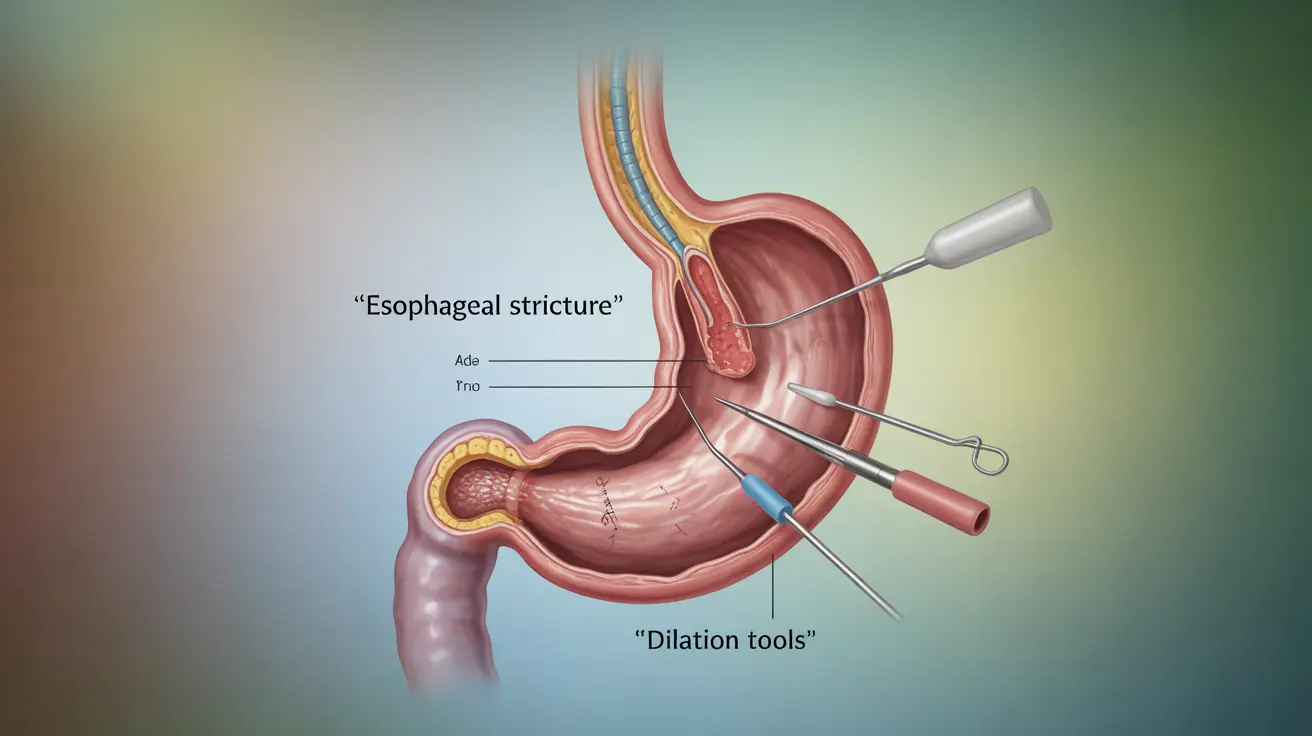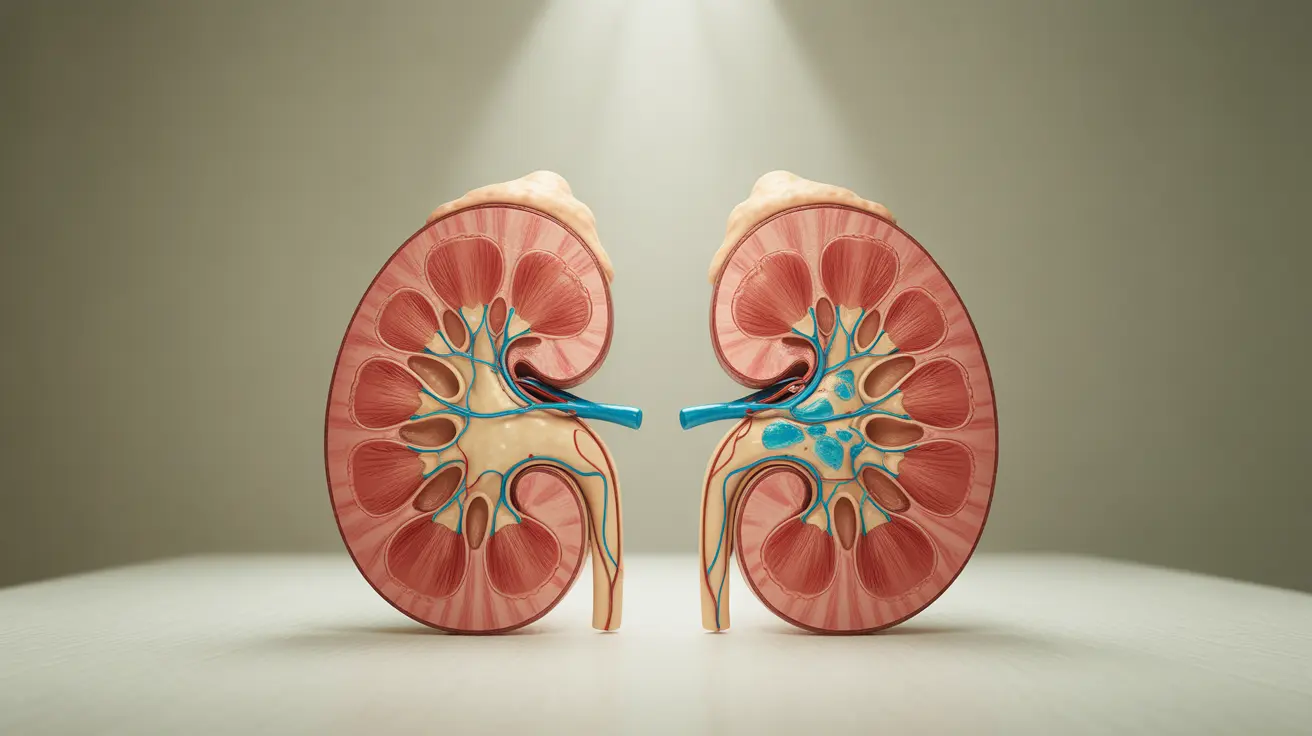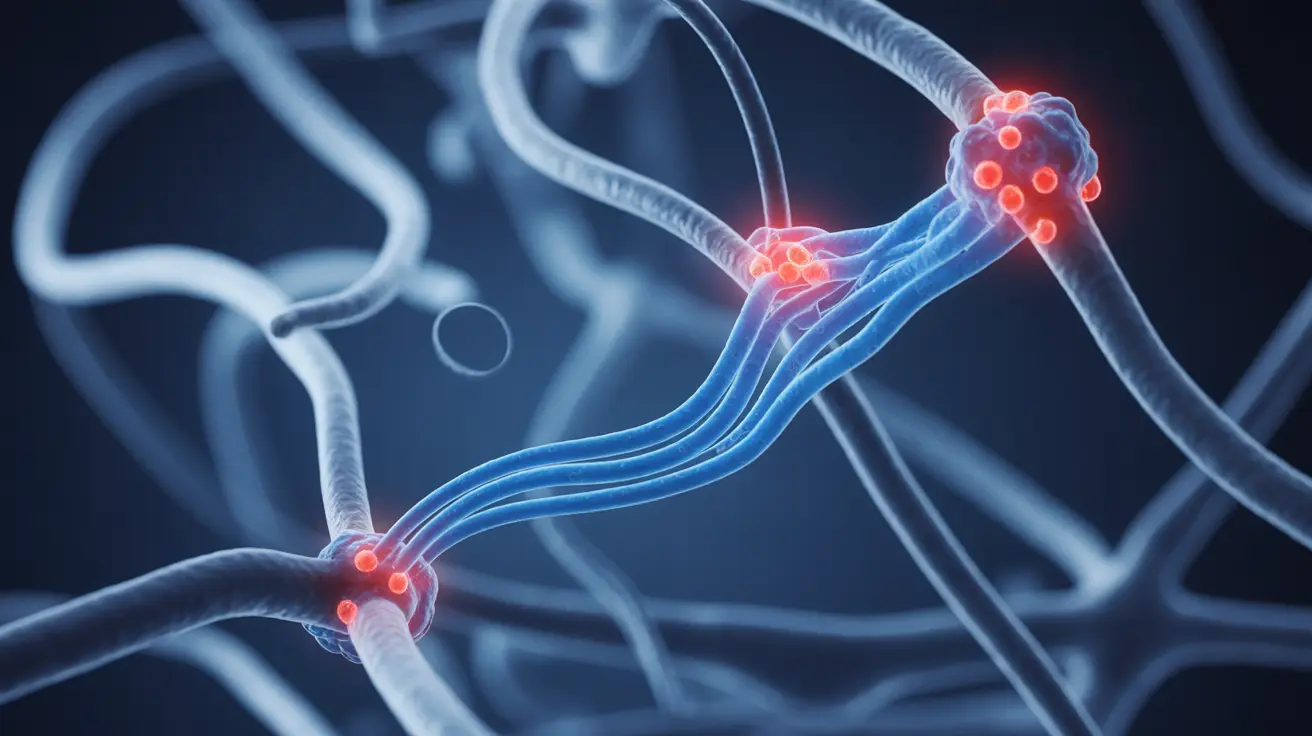Low blood pressure, or hypotension, can cause concerning symptoms like dizziness, fainting, and fatigue. Understanding how to raise blood pressure safely at home is crucial for managing these symptoms and maintaining your well-being. This comprehensive guide explores proven methods to increase blood pressure effectively when needed.
While chronically low blood pressure should always be evaluated by a healthcare provider, there are several safe and practical steps you can take at home to address acute episodes of low blood pressure. Let's explore these methods and understand how they work.
Immediate Actions to Raise Blood Pressure
When you need to increase your blood pressure quickly, several immediate actions can help:
- Drink plenty of water
- Lie down and elevate your legs
- Consume a small salty snack
- Practice slow, deep breathing
- Cross your legs while sitting
These techniques can help stabilize your blood pressure within minutes by improving blood flow and increasing blood volume. However, they should not replace proper medical evaluation for persistent low blood pressure.
Dietary Strategies for Managing Low Blood Pressure
Your diet plays a crucial role in maintaining healthy blood pressure levels. Consider these dietary modifications:
Increase Salt Intake (Under Medical Supervision)
While excessive salt is typically discouraged, people with low blood pressure may benefit from moderate salt intake. Always consult your healthcare provider before increasing salt consumption, as individual needs vary.
Hydration and Electrolytes
Proper hydration is essential for maintaining blood volume and pressure. Aim to:
- Drink 8-10 glasses of water daily
- Include electrolyte-rich beverages
- Consume water-rich fruits and vegetables
- Limit alcohol consumption
Lifestyle Modifications and Supporting Measures
Compression Garments
Compression stockings can effectively improve blood circulation and increase blood pressure by preventing blood pooling in the legs. These specialized garments are particularly helpful when standing for long periods or during physical activity.
Physical Activity Adjustments
Regular exercise can help regulate blood pressure, but certain precautions are necessary:
- Start exercises gradually
- Avoid sudden position changes
- Stay hydrated during activity
- Take frequent breaks as needed
Caffeine Consumption
Moderate caffeine intake can temporarily raise blood pressure, but its effects vary among individuals. Monitor your body's response and consult your healthcare provider about appropriate caffeine consumption.
Frequently Asked Questions
What are the immediate steps I can take at home to raise my blood pressure?
To raise blood pressure immediately at home, lie down and elevate your legs above heart level, drink plenty of water, consume a small salty snack, and practice slow, deep breathing exercises. These methods can help improve blood flow and increase blood pressure within minutes.
How can I manage low blood pressure with dietary changes?
Manage low blood pressure through diet by increasing salt intake (with medical approval), staying well-hydrated, eating smaller, more frequent meals, and including foods rich in B12 and folic acid. Consider adding more whole grains, lean proteins, and fruits to your diet.
Is it safe to drink caffeine if I have low blood pressure, and how does it affect my condition?
Caffeine can temporarily increase blood pressure and may be safe for most people with low blood pressure. However, individual responses vary, and some people may experience adverse effects. Start with small amounts and monitor your body's response.
Can wearing compression stockings help increase blood pressure, and how do they work?
Yes, compression stockings can help increase blood pressure by preventing blood from pooling in the legs and promoting better circulation throughout the body. They're particularly effective when standing or sitting for long periods.
What are some lifestyle changes I can make to prevent low blood pressure and its symptoms?
Key lifestyle changes include maintaining proper hydration, eating regular meals, exercising moderately, avoiding sudden position changes, limiting alcohol intake, and getting adequate rest. Also, monitor your medications as some may contribute to low blood pressure.




